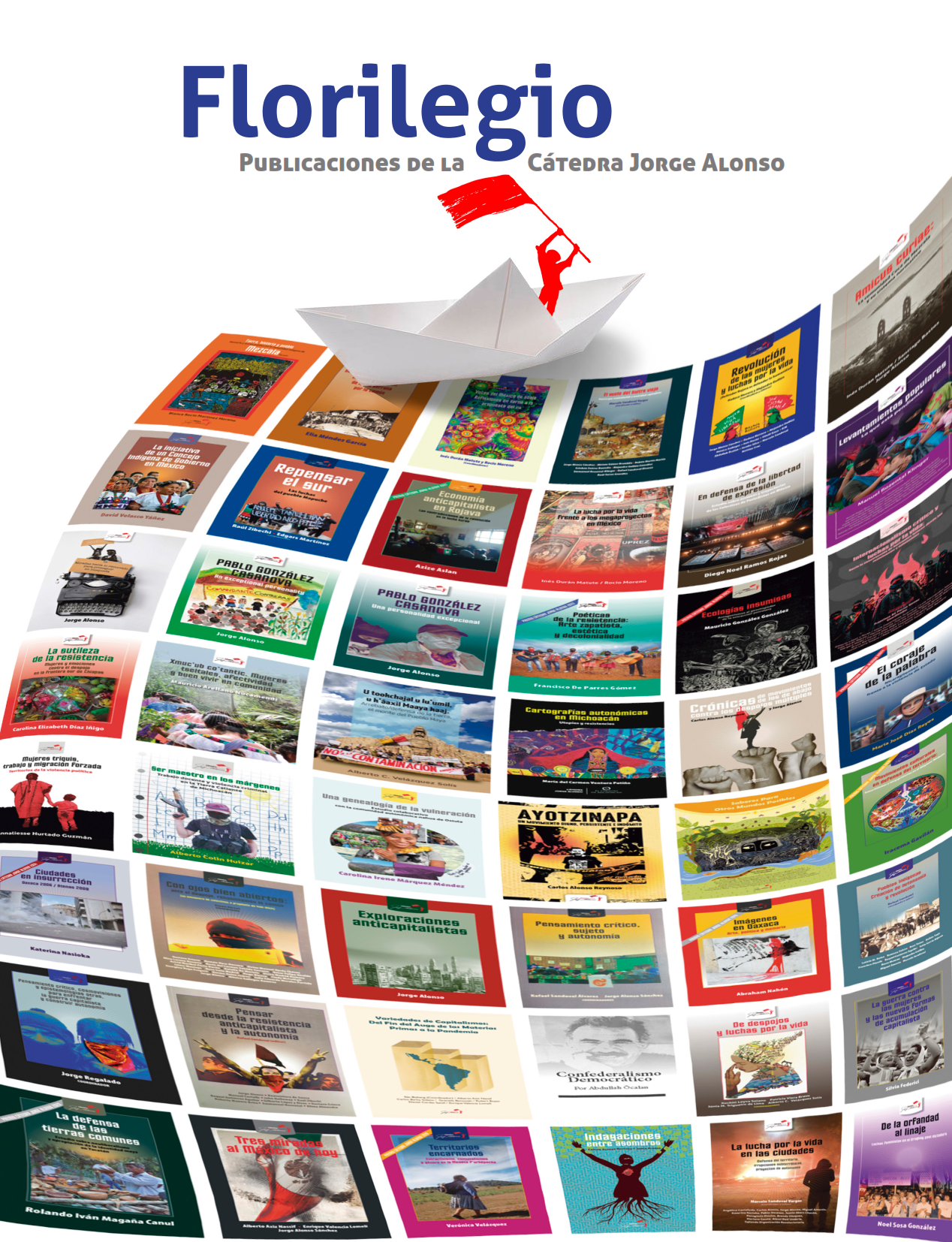Moral Dimensions of Javanese Forgiveness in Serat Wedhathama and Serat Nitiprana
Resumen
ABSTRACT
The study aims to analyze the moral dimensions of Javanese forgiveness. The data sources are Serat Wedhatama and Serat Nitiprana. The study using hermeneutic, Javanese Ethics, and decency value theory. The results show that the nature of Javanese forgiveness is the embodiment of the virtuous personal character. Forgiveness for virtuous persons is lived and understood as a way of testing and proving the quality of personal morals oriented to inner peace. Forgiveness, which is decided independently and not by social norms, will manifest virtuous personal character.
Citas
ANY, A. (1983). Menyikapi Serat Wedotomo. Aneka Ilmu.
ARIF, Z. (2017). “Perang Baratayudha; Perang Besar Pandawa Kurawa (Sony Adams (Ed.)”. Pustaka Jawi. www.anakhebatindonesia.com
BAHASA, P. (2011). “Kamus Besar Bahasa Indonesia”. http://www.kamusbesar.com/38643/surealisme
BASH, A. (2007). “Forgiveness and Christian ethics. In Cambridge University Press”. Cambridge University Press. https://doi.org/10.1017/CBO9780511488320
BLUSTEIN, M. J. (2014). “Forgiveness and Remembrance: Remembering Wrongdoing in Personal and Public Life”. Oxford University Press. https://doi.org/10.1093/acprof:oso/9780199329397.001.0001
CHODJIM, A. (2016). Serat Wedhatama For Our Time: Membangun Kesadaran untuk Kembali ke Jati Diri. Penerbit Baca.
DRIYARKARA, N. (2006). Karya Lengkap Driyarkara: Esai-Esai Filsafat Pemikir yang Terlibat Penuh dalam Perjuangan Bangsanya (A. Sudiarja, G. B. Subanar, S. Sunardi, & T. Sarkim (Eds.)). Penerbit PT Gramedia Pustaka Utama.
ENDRASWARA, S. (2013a). Ilmu Jiwa Jawa: Estetika dan Citarasa jiwa Jawa (Cetakan Pe). Penerbit Narasi.
ENDRASWARA, S. (2013b). Ilmu Jiwa Jawa: Estetika dan Citarasa Jiwa Jawa. Penerbit Cakrawala.
ENDRASWARA, S. (2016). Berpikir Positif Orang Jawa. Penerbit Narasi.
GAMLUND, E. (2010). “Supererogatory forgiveness. Inquiry”, 53(6), 540–564. https://doi.org/10.1080/0020174X.2010.526320
GARCIA, E. (2011). Bishop Butler on Forgiveness and Resentment. Philosopher’s Imprint.
GARRARD, E., & MCNAUGHTON, D. (2003). “III-In Defence of Unconditional Forgiveness”. Proceedings of the Aristotelian Society (Hardback), 103(1), 39–60. https://doi.org/10.1111/j.0066-7372.2003.00063.x
GEERTZ, C. (2014). Agama Jawa: Abangan, Santri, Priyayi dalam Kebudayaan Jawa. Komunitas Bambu.
GRISWOLD, C. L. (2007). “Forgiveness: A Philosophical Exploration - PDF Free Download”. Cambridge University Press. https://epdf.pub/forgiveness-a-philosophical-exploratione202972f765ed52be03572227d812c8c15300.html
HOLMGREN, M. R. (2012). “Forgiveness and Retribution: Responding to wrongdoing”. In Forgiveness and Retribution: Responding to Wrongdoing. Cambridge University Press. https://doi.org/10.1017/CBO9781139086165
JONG, S. d. (1976). Salah Satu Sikap Hidup Orang Jawa (Pertama). Yayasan Kanisius.
KAESANG. (2017). “Yo orapopo mas”. Maafkan wae. Twitter. https://twitter.com/kaesangp/status/905640654864187396
KOENTJARANINGRAT. (1994). Kebudayaan Jawa (Kedua). Balai Pustaka.
MULDER, N. (1985). Pribadi dan Masyarakat di Jawa. IKAPI.
MURPHY, J. G. (1999). “Forgiveness, Reconciliation and Responding to Evil: A Philosophical Overview”. Fordham Urban Law Journal, Vol 27 Issue 5: 1353-1366, Vol 27 Iss, 1353–1366. http://ir.lawnet.fordham.edu/ulj
NOVITZ, D. (1998). “Forgiveness and Self-Respect”. Philosophy and Phenomenological Research, 58(2), 299. https://doi.org/10.2307/2653510
BBC NEWS INDONESIA (2016). Peristiwa 65 dan pki: wajah para korban dan pelaku. https://www.bbc.com/indonesia/berita_indonesia/2016/06/160531_indonesia_kuburan_masal_jegong
POERWADARMINTA (1939). “Bausastra Jawa, Poerwadarminta”, 1939, #75. https://www.sastra.org/katalog/judul?ti_id=75
POERWANTO (2006). “Serat Nitiprana Piwulang Budi Luhur”. Jaya Baya. https://jayabaya.wordpress.com/2006/07/12/serat-nitiprana-piwulang-budi-luhur/
PRANOMO (2003). “Ungkapan Bahasa Jawa sebagai Pendukung Pembentukan Kebudayaan Nasional”. Linguistik Indonesia, 2, 269–286.
SADLER, G. (2008). “Forgiveness: Forgiveness, Anger, and Virtue in an Aristotelean Perspective. Proceedings of the American Catholic Philosophical Association”. https://doi.org/10.5840/acpaproc20088217
SOETRISNO. (1977). Falsafah hidup Pancasila sebagaimana tercermin dalam falsafah hidup orang Jawa. Pandawa.
SUHARSONO, M., & Susetyo, D. B. (2017). “Karakteristik Pemaafan Berbasis Budaya Jawa”. Psikodimensia, 16(1), 81. https://doi.org/10.24167/psiko.v16i1.953
SUHARSONO, M., & WIDIATMADI, H. E. (2007). Karakteristik Kekuasaan Jawa; Analisis Isi Drama Mangir Karangan Pramoedya Ananta Toer,.
SUSENO, F. M. (1996). ETIKA JAWA; Sebuah Analisis Filsafati tentang Kebijaksaan Hidup Jaw (Cetakan ke). PT Gramedia Pustaka Utama.
SUUSSMAN, D. (2005). “Kantian forgiveness”. In Kant-Studien. https://doi.org/10.1515/kant.2005.96.1.85
UTOMO, S. S. (2009). Kamus Lengkap Jawa – Indonesia. Penerbit Kanisius.
WARE, O. (2014). Forgiveness and respect for persons. American Philosophical Quarterly.
WARMKE, B. (2014). “Forgiveness and responsibility [The University of Arizona]”. In ProQuest Dissertations and Theses. http://search.proquest.com/docview/1613240927?accountid=10792
WIDADA, et al. (Ed.). (2011). Kamus Bahasa Jawa, (Baussastra Jawa).
YASADIPURA, & KAMAJAYA. (1979). Serat Nitiprana. Balai Pustaka.









